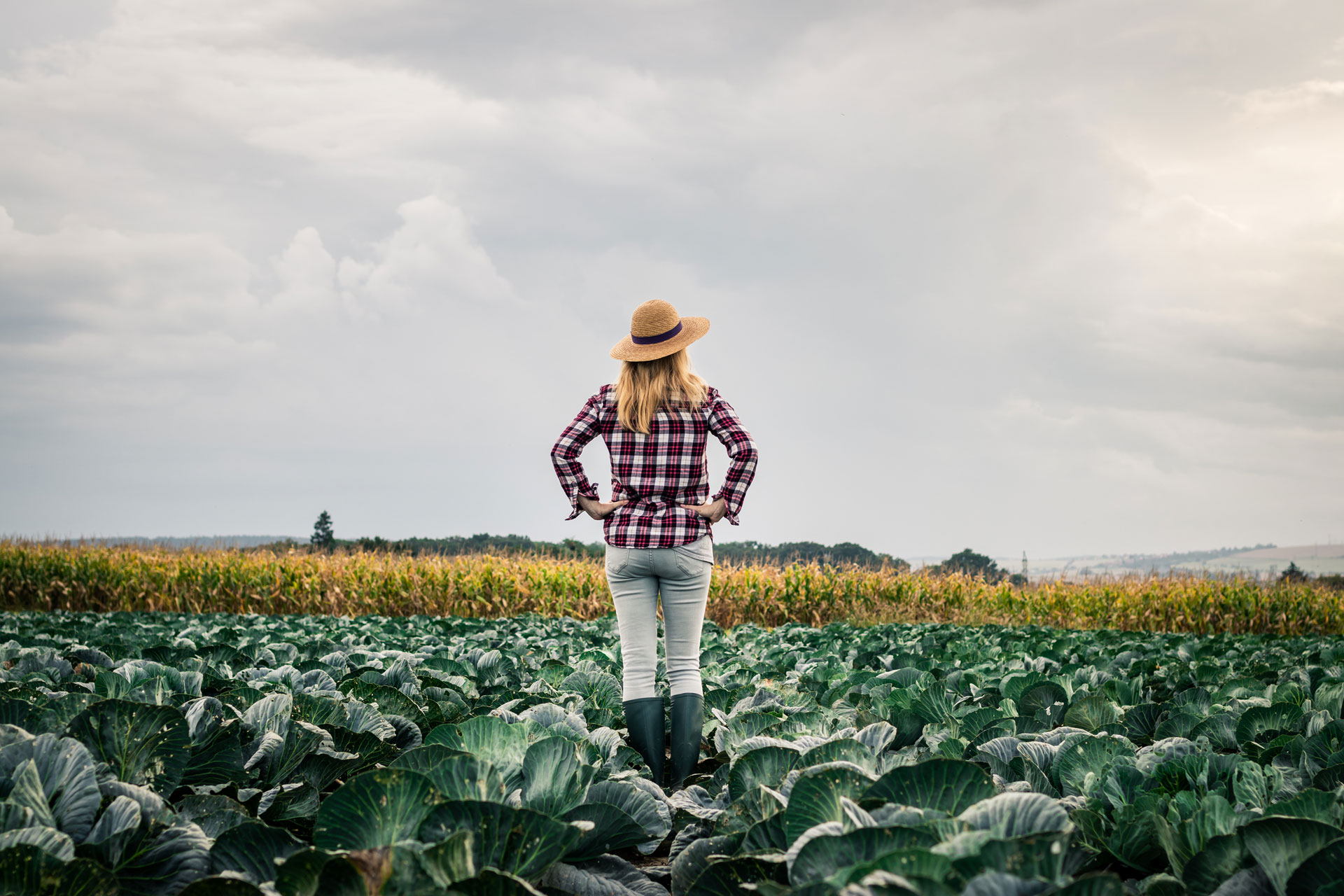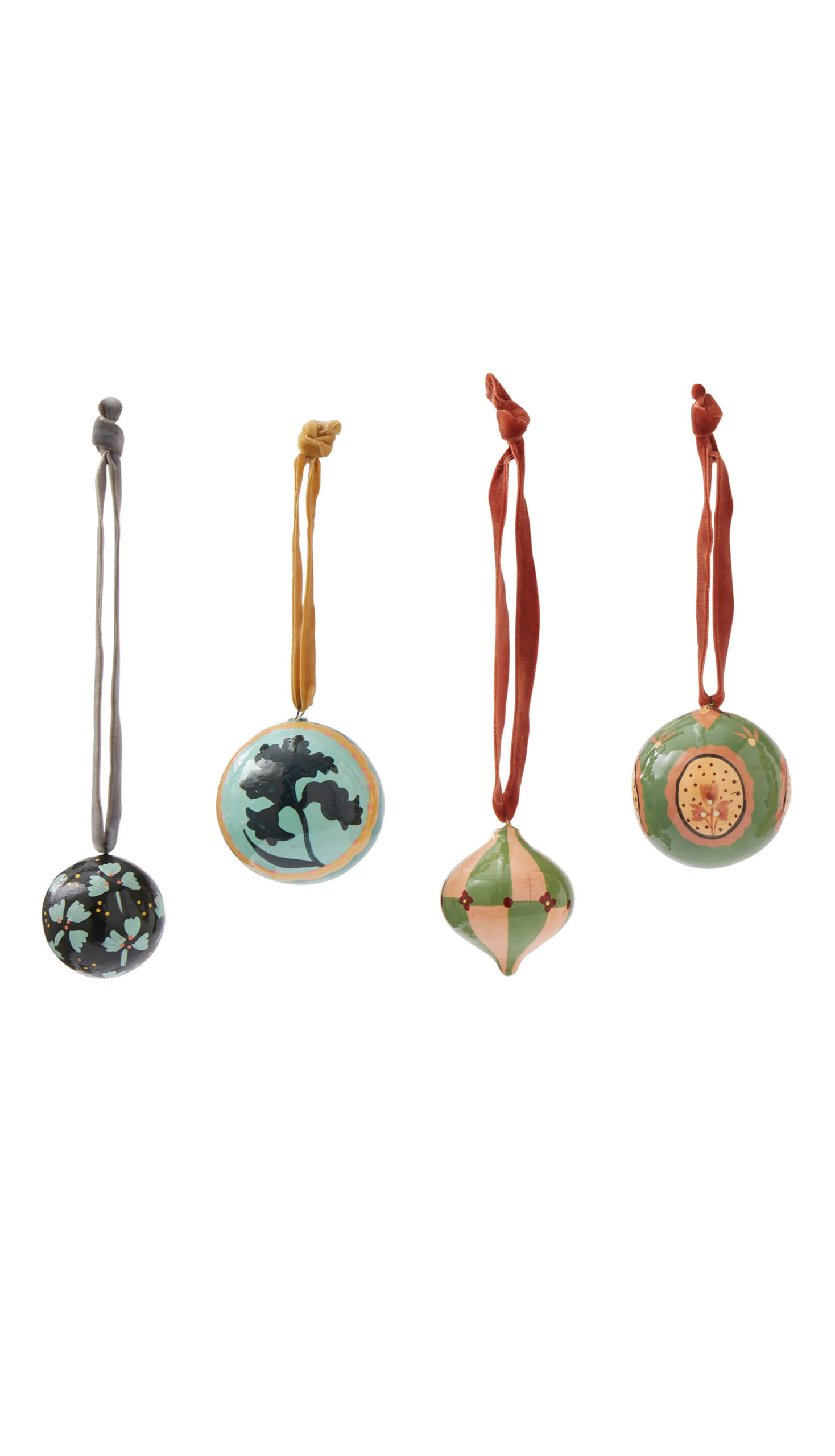What is Permaculture?
By
4 years ago
This ecological land movement can be applied to other aspects of living

Permaculture has become something of a buzzword in recent years, yet the term actually has its roots in the 1970s. The movement’s founders, Australian ecologist David Holmgren and environmental psychology professor Bill Mollison, coined the term in 1978 as a portmanteau of permanent, agriculture and culture. Since then, the issues which underpin the movement have become increasingly prescient – and, in fact, permaculture has become life philosophy for some people. But what does it actually mean?
What is Permaculture?
Permaculture has evolved a great deal over the years, so its specific meaning can be tricky to pin down. Fundamentally, the term is about working in harmony with nature, creating a culture that can thrive for generations to come. In his 2013 book Introduction to Permaculture, Mollison describes it as a: ‘philosophy of working with, rather than against nature; of protracted and thoughtful observation rather than protracted and thoughtless labour; and of looking at plants and animals in all their functions, rather than treating any area as a single-product system.’
At its core are three simple principles:
- Earth Care
- People Care
- Fair Shares
Sustainable methods of farming and growing food are an important part, drawing on like-minded concepts like regenerative agriculture, organic farming and the land rewilding movement. That means factors like cutting pesticides, reducing waste and looking how farms are structured more generally, with benefits including improved soil health and better-quality food.
Aside from food growing and gardening, though, permaculture is often used as a framework for ecological ways of living – a toolkit which can be applied to other areas of life.
In his seminal work, Permaculture Principles & Pathways Beyond Sustainability, Holmgren outlined 12 key principles:
- Observe and interact
- Catch and store energy
- Obtain a yield
- Apply self-regulation and accept feedback
- Use & value renewable resources & services
- Produce no waste
- Design from patterns to details
- Integrate rather than segregate
- Use small and slow solutions
- Use and value diversity
- Use edges and value the marginal
- Creatively use and respond to change
Resources
For those keen to delve more deeply into the topic, we’ve pulled together a handful of books, websites and events.
Books
- Permaculture In A Nutshell by Patrick Whitefield
- An Introduction to Permaculture by Bill Mollison
- Earth User’s Guide to Permaculture by Rosemary Morrow
- How to Permaculture Your Life: Strategies, Skills and Techniques for the Transition to a Greener World by Ross Mars
- The Permaculture Way: Practical Steps to Create a Self-Sustaining World by Graham Bell
Other
- The Permaculture Association is a registered charity which runs a mix of face to face and online courses, alongside more in-depth diplomas. It also hosts both online and in-person events.
- After a two-year hiatus, the London Permaculture Festival returns this July – the 2019 event included workshops on everything from designing an urban forest garden to growing medicinal mushrooms.
Main image: Getty Images
MORE SUSTAINABILITY TERMS EXPLAINED:


















